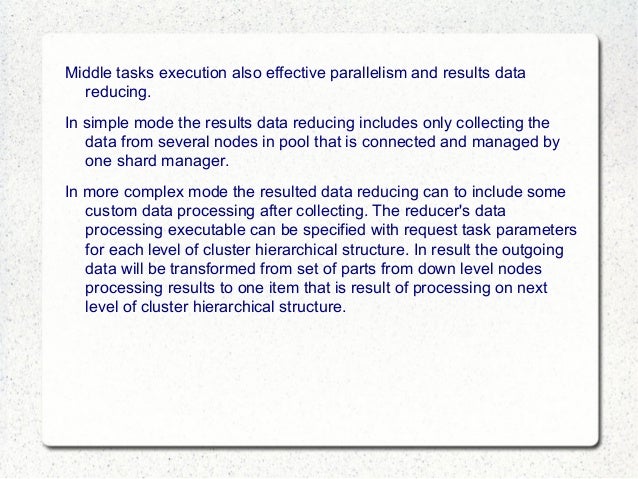

- #Awstats configdir remote command execution software#
- #Awstats configdir remote command execution code#
New GNU/Linux viruses (such as Simile.D) emerge continually, too. And claims of "Bliss" infections outside deliberate lab-only deployment by virus researchers are, in point of fact, considered suspect. Nor can the other GNU/Linux / Unix viruses / worms / trojan horses thus far known. But thereafter, it can't go anywhere else or do anything else-and cannot take over (infect) the local machine (or any other): It lacks permission to do so.
#Awstats configdir remote command execution code#
If a user executes an infected executable, the viral code appends itself to all executables for which the user has write permission. The first "virus" (arguably, actually a trojan or worm) for GNU/Linux was named " Bliss", created in September 1996 as a proof of concept. Therefore, although you can create (or retrieve), and then run, a virus, worm, trojan horse, etc., it can't do much. Just as you can delete only your own files (i.e., those you have "write" permission to), executables you run cannot affect other users' (or root's) files. Real users aren't allowed to hurt the system (only a superuser account can), so neither can programs they run.īecause of the distinction between privileged (root-run) processes and user-owned processes, a "hostile" executable that a regular user receives (or creates) and then executes (runs) cannot "infect" or otherwise manipulate the system as a whole. Any program on a GNU/Linux box, viruses included, can only do what the user who ran it can do. (Code run with ordinary non-superuser authority will be addressed further down.)

"Hostile" executables (including viruses) are almost unfindable in the GNU/Linux world-and no real threat to it-because they lack superuser authority, and because GNU/Linux admins are seldom stupid enough to run untrusted executables as a superuser, and because GNU/Linux users' customary and recommended sources for privileged executables enjoy paranoid-grade scrutiny (such that any unauthorised changes would be detected and remedied). If you simply never run untrusted executables while logged in as the root user (or equivalent), all the "virus checkers" in the world will be at best superfluous at worst, downright harmful. Here's the short version of the answer: No. Therefore, they refuse to believe GNU/Linux could be different, no matter what they hear. The problem with answering this question is that those asking it know only operating systems where viruses, trojan-horse programs, worms, nasty Javascripts, ActiveX controls with destructive payloads, and ordinary misbehaved applications are a constant threat to their computing.
#Awstats configdir remote command execution software#
GNU/Linux virus FAQ Should I get anti-virus software for my GNU/Linux box?


 0 kommentar(er)
0 kommentar(er)
